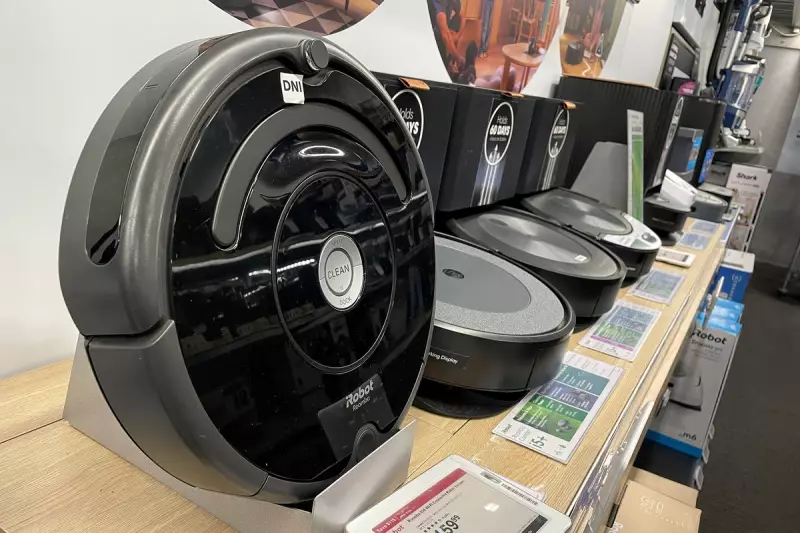
In a dramatic turn of events that could reshape the smart home landscape, Amazon's ambitious $1.7 billion acquisition of iRobot, the creator of the iconic Roomba vacuum cleaner, is facing near-certain collapse after encountering fierce resistance from European Union regulators.
Regulatory Roadblock Emerges
The European Commission has delivered a stark warning to the tech giant, indicating its intention to block the merger over serious competition concerns. This development follows months of intense scrutiny into how the deal might unfairly advantage Amazon in the rapidly growing smart home device market.
Sources close to the negotiations reveal that Amazon was given a final opportunity to propose remedies that would address competition worries, but the company declined to make additional concessions beyond what had already been offered.
Market Dominance Fears
Regulators expressed particular concern that Amazon could potentially:
- Demote or suppress rival smart home products on its massive online marketplace
- Limit access to valuable customer data collected by Roomba devices
- Create an uneven playing field in the connected home ecosystem
"The combination would have enabled Amazon to fortify its position in the smart home environment," an EU official familiar with the matter stated anonymously.
Financial Fallout and Job Concerns
The regulatory blockade comes at a critical time for iRobot, which has faced significant financial challenges in recent years. The company had already implemented substantial cost-cutting measures, including:
- Laying off approximately 31% of its workforce
- Seeing the departure of CEO Colin Angle
- Pausing development on non-floorcare products like air purifiers and robotic lawnmowers
Industry analysts now question whether iRobot can survive independently, given the increasing competition from companies like SharkNinja and Chinese manufacturers offering more affordable alternatives.
What's Next for Smart Home Innovation?
This regulatory decision represents a significant victory for consumer advocacy groups and smaller competitors who argued the merger would have given Amazon unprecedented control over the smart home market. However, it also raises questions about the future of innovation in home robotics.
The failed acquisition marks another instance where global regulators are pushing back against Big Tech expansion, following similar challenges to other major tech mergers and acquisitions in recent years.
As both companies consider their next moves, consumers and industry watchers alike are left wondering how this decision will affect the development of next-generation smart home technologies and whether iRobot can chart a successful independent course in an increasingly competitive market.





